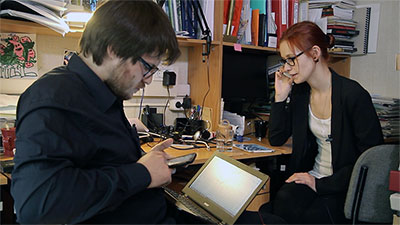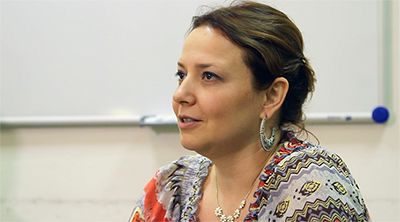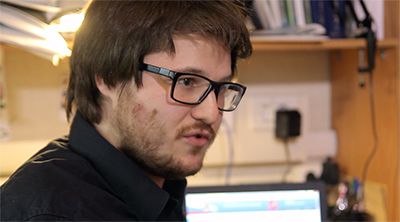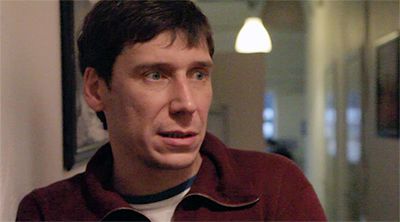Andrey Rylkov Foundation
Works with drug-dependent persons, carries out preventive treatment and assists in health protection
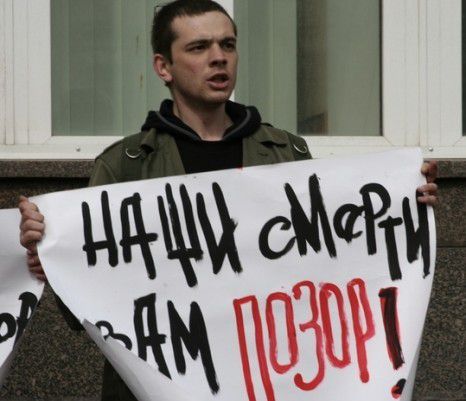
Это пример подписи, которая появится, когда будут материалы.
In 2000, Andrey Rylkov started volunteering for the project called “Harm Reduction”. Being a drug user himself, he understood the problems of people he worked with. Several years after he organized a trade union of specially trained social workers who were going in the streets and providing counselling for drug-dependent individuals. Rylkov united the activists who worked on HIV/AIDS in the “Front ‘AIDS’” movement. Its main goal was to ensure accessibility of HIV treatment in Russia.
On October 11, 2006, Andrey passed away. The prospective foundation was named after him.
In June 2009, Andrey Rylkov Foundation for Health and Social Justice started its operations.
From November 2009 the Foundation has been implementing the project “Harm Reduction – Moscow”. It implies street social work with persons taking injectable drugs. The project team carries out the preventive treatment of HIV, hepatitises and overdoses. Those in need also receive medical, social and legal help. In addition to preventive treatment and the distribution of information materials, the project participants also send their clients to support services, facilitate their placement in reception centers and hospitals, and assist in restoring official documentation.
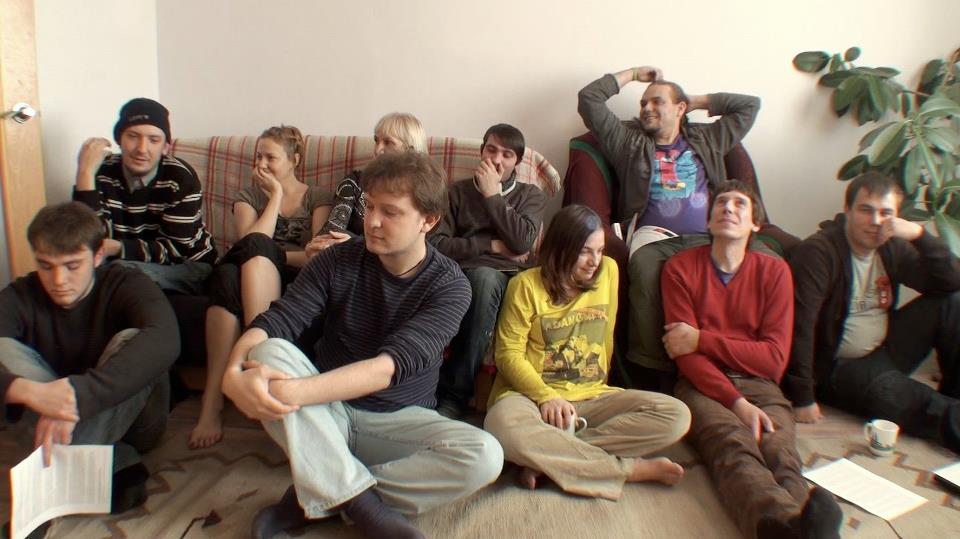
Это пример подписи, которая появится, когда будут материалы.
In 2011, the Foundation launched a web-resource “Narcophobia.ru”. It publishes news on Russian drug policy, videos, references to analytical and expert materials related to the violations of human rights in the context of drug use.
In 2014 and 2015, the Foundation’s activists prevented 223 and 194 overdose deaths respectively. In 2015, the Foundation reached out to 4,950 people, provided more than 2,000 consultations on HIV, hepatitises and drug dependence.
As a result of the work undertaken by the Foundation’s lawyers, European Court of Human Rights (ECtHR) has communicated to the Russian authorities the complaints of three Russian citizens that use injectable drugs regarding the refusal to provide them with replacement therapy by methadone and buprenorphine. Two of those complaints have been drafted and forwarded to ECtHR with the Foundation’s support. In October 2015 – January 2016, ECtHR received all the final documents for the case “Kurmanaevskiy, Abdyusheva and Anoshin v. Russia”. Now, both the appellants and the Russian authorities are waiting for ECtHR to schedule a date for hearings.
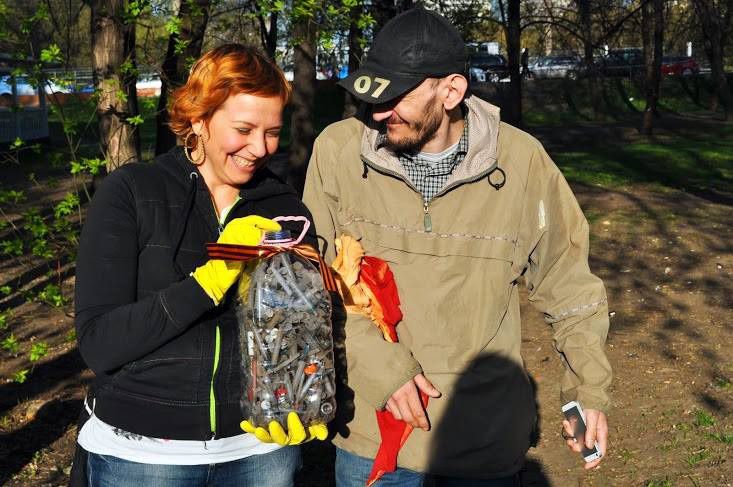
Это пример подписи, которая появится, когда будут материалы.
On April 29, 2014, the Foundation’s activists completed the last stage of the campaign for the collection of used syringes in several Moscow districts. Maksim Malyshev, the campaign’s coordinator, brought all the collected medical waste to the Central Research Institute of Epidemiology that committed to dispose of all the syringes in an appropriate way.
On June 25, 2015, Andrey Rylkov Foundation organized an event within the framework of the annual international campaign “Support. Don’t punish.” The Foundation’s activists had Skype conversations with drug users and carried out one-person protests in front of the Federal Drug Control Service building with slogans “For available treatment and rehabilitation – against criminalization and imprisonment!”, “Medical help, not torture!”, and “Solidarity, not hunting!” The campaign was dedicated to the International Day against Drug Abuse and Illicit Trafficking that had been established by the UN General Assembly. This day is celebrated annually on June 26.
In 2016, Andrey Rylkov Foundation is helping drug users protect their health and rights. Its employees and volunteers are going in the streets to provide legal help to the users of injectable drugs and to HIV positive persons.
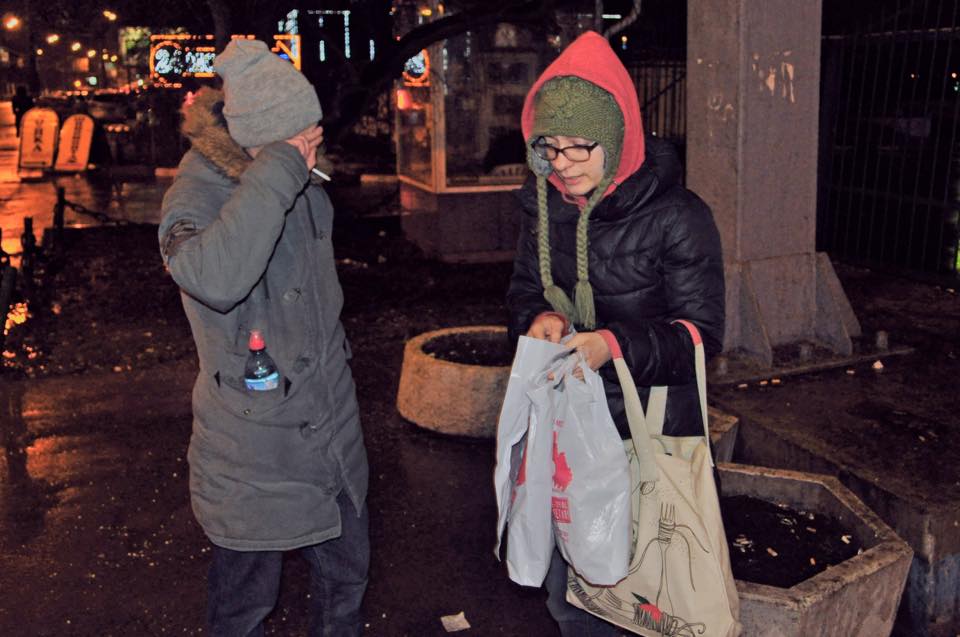
Это пример подписи, которая появится, когда будут материалы.
In 2015, the Head of the Federal AIDS center Vadim Pokrovskiy admitted that the situation with HIV/AIDS in Russia was catastrophic. According to the statistical data he referenced, there were 721 thousand of officially registered HIV positive individuals in Russia as of May 2015. This number is increasing by eight thousand people every year. 2.5% of male and 1.2% of female Russian population of employable age (30-35 years) are HIV positive.
As follows from the report “Crime Situation in Russia” prepared by the Ministry of Internal Affairs, in 2015, all in all, the Ministry registered 2.4 million crimes. A little less than 237 thousand of those were drug-related.
United Nations Office on Drugs and Crime issued a report which demonstrates that the number of people using drugs has grown by 18% from 2008 till 2012 – from 203 million to 243 million people.
